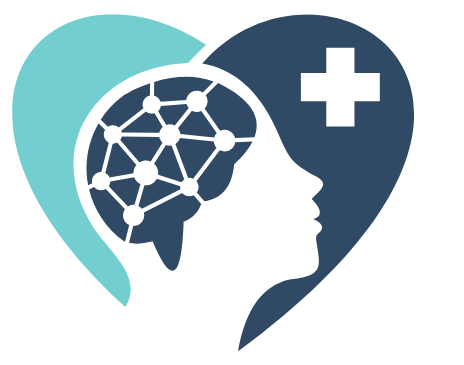Trauma refers to the physical and psychological impacts of an overwhelming experience. According to the United States Veterans Administration, 6 out of 10 men and 5 out of 10 women will experience at least one traumatic event in their lifetime in the United States. Traumatic experiences are often events that threaten a person’s life, or the life of someone they know. Examples can include exposure to combat zones and war, physical assault, rape, domestic violence, childhood sexual abuse, robbery, kidnapping, gang violence, a natural disaster, a car accident, or injury.
Although human beings can be very resilient in response to tragedy, our biological and psychological coping resources are not always capable of enduring intense suffering, fear, or horror. When horrible experiences overwhelm a person’s ability to cope, this can lead to changes in their brain, nervous system, emotions, and perceptions.
Not all traumatic events are life-threatening. Research has also found that adverse childhood experiences (ACE) can also cause trauma symptoms, which sometimes last into adulthood and increase a person’s risk for health problems. Examples of adverse experiences include experiencing child neglect or abuse, growing up with a parent with mental illness or substance use disorder, growing up in poverty, or losing a loved one to suicide or incarceration. Trauma can also impact professionals who work as first responders to emergencies such as police officers and EMTs, doctors and nurses, and others who are frequently exposed to people who have experienced danger or life-threatening events. Individual responses to traumatic events vary, but those who experience trauma symptoms for a month or longer following such an event might be suffering from a condition called Post-Traumatic Stress Disorder (PTSD).
Symptoms of Trauma and PTSD
- Re-experiencing the traumatic event via intrusive memories or thoughts
- Feeling as though the traumatic event is still happening, including flashbacks
- Recurrent nightmares and distressing dreams
- Difficulty remembering the traumatic experience, memory lapses
- Avoidance of distressing thoughts, feelings, or memories related to the experience
- Feeling intense distress when exposed to physical reminders of the event
- Intense mood swings and irritability, anger outbursts
- Social withdrawal and feeling emotionally disconnected from others
- Emotional numbness, difficulty experiencing positive emotions
- Negative thoughts, self-blame, guilt, shame, suicidal thoughts
- Agitation, restlessness, feeling on edge, racing heart beat
- Startling easily, scanning for danger, panic attacks
- Problems with alcohol or drug use
Treatments for Trauma & PTSD
It’s very important to consult with a doctor or mental health professional if you are concerned about possible trauma symptoms or PTSD. When symptoms worsen, or if symptoms go untreated, trauma and PTSD can lead to other problems including relationship difficulties, intimacy issues, parenting problems, or drug and alcohol problems. Those with PTSD are also at higher risk for depression and suicide. Recovering from trauma is a journey to share with others, a journey that requires support.
There are many psychotherapeutic treatments that have been found helpful for trauma and PTSD, including Eye Movement Desensitization and Reprocessing Therapy (EMDR), Dialectical Behavioral Therapy (DBT), and Cognitive Processing Therapy (CPT). There are also medication treatments that can help reduce symptoms as well, including antidepressants, antianxiety medications, and sleep medications. Holistic treatments that can help with recovery include stress management, exercise and balanced nutrition, alcohol and drug use treatment, spirituality, as well as nature and animal therapies.
Ways to Care for Yourself or Someone You Love
If you are recovering after a traumatic event, please know that your body and mind can heal. Having trauma or PTSD symptoms does not mean that you are weak, that you lack mental toughness, or that you lack morality or faith. Finding a therapist and support group are keys to recovery. If you love someone who has experienced trauma, it’s important to express compassion and understanding as they learn to cope with mood, anxiety, and re-experiencing symptoms. Tell your loved one that you are concerned about them and want to help them find support and treatment. Help them find ways to reduce stress and increase feelings of safety, security, connection, and meaning in their life. If you or a loved one are experiencing suicidal thoughts or urges, please see a doctor immediately. Warning signs of suicide can include talking about death, sharing thoughts or plans for suicide, and giving away personal possessions. For mental health emergencies, call 9-1-1 or the National Suicide Prevention Lifeline at 9-8-8.

